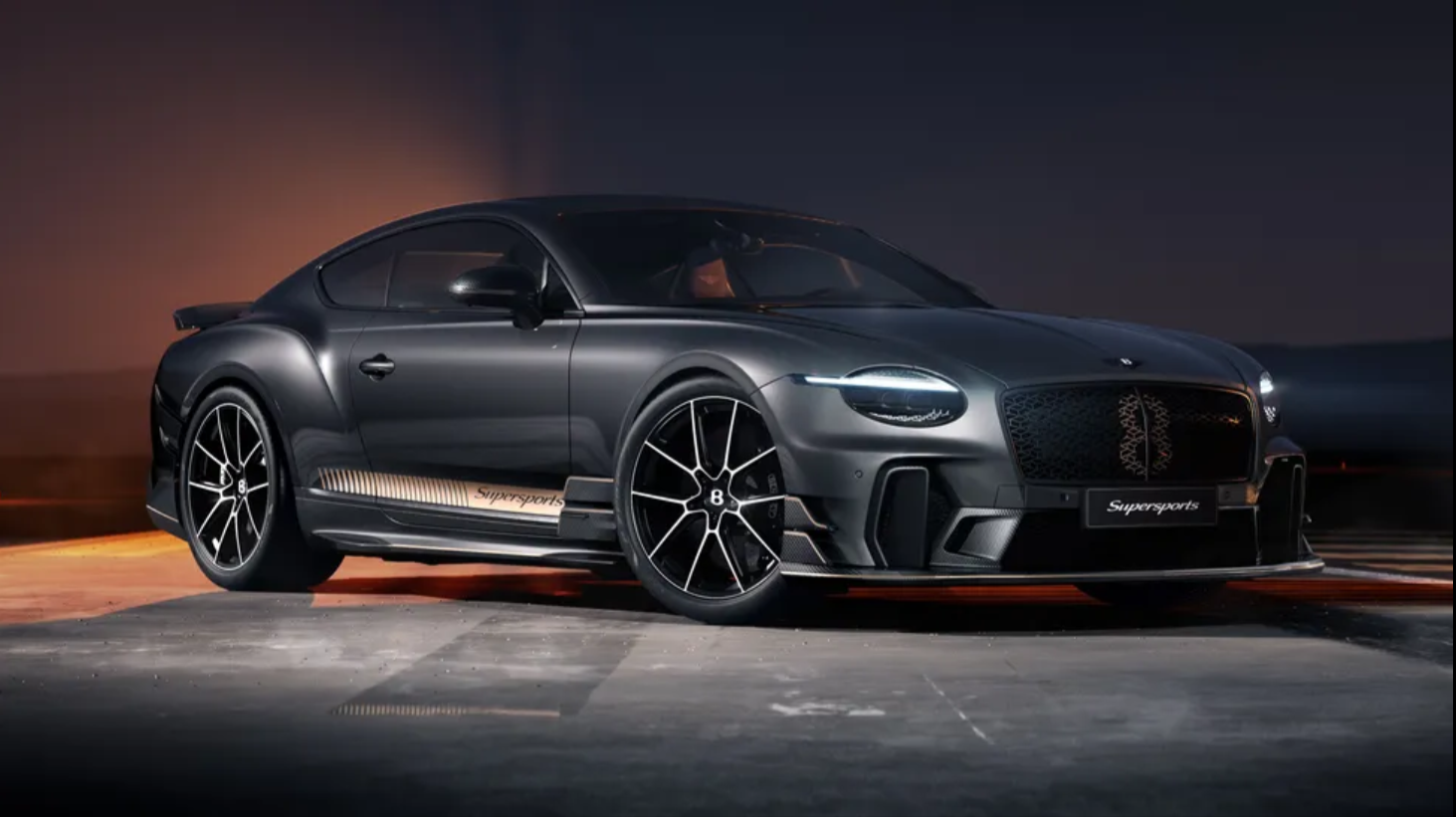BMW's future Neue Klasse (New Class) electric vehicle platform is essential to the company's success in the electric age.
The Neue Klasse is slated to debut in 2025 with a compact sedan anticipated to be named the i3 and a fast SUV speculated to be the iX3's replacement. By 2030, it is estimated to account for more than half of BMW's worldwide sales.
According to BMW's chief technical officer, Frank Weber, Neue Klasse EVs will feature new generations of battery and electric motor technology for a "great technological leap." The carmaker has now publicly disclosed some of the vehicle's major features.
According to him, the Neue Klasse EVs will have a novel "pack-to-open-body" design idea that would enable BMW to use round battery cells rather than prismatic ones to customize the battery sizes to fit any model. By putting new recycling and sustainability measures into place, this will increase by two times.
Some of these methods will be used by BMW in its Neue Klasse series of electric vehicles, which will include large SUVs like the X7 and passenger cars the size of the 1 Series. In comparison to the batteries BMW is now utilizing, the batteries used in these electric vehicles will have a 20 percent greater energy density, a 30 percent better packaging efficiency, up to 30 percent more range, and up to 30 percent faster charging.
The new cells are also claimed to be 20% lighter, 50% less expensive to create, and to generate roughly 60% less CO2 during manufacturing.
According to Weber, "the combination of an 800V system and a high-performance charger boosts the range by 30 miles per minute to a maximum of 375 miles." The battery pack may therefore be charged from empty to 95% in just approximately 12 minutes.
The Neue Klasse chassis can support up to four electric motors, and BMW M is already testing a quad-motor prototype for its first fully electric M car. Power outputs will range from 268 horsepower to 1,341 horsepower.
The majority of upcoming Neue Klasse cars will have RWD and AWD setups with one or two synchronous SSM (separately-excited) units that are currently stimulated driving the rear wheels. BMW claims that SSM motors have a 97 percent efficiency rate, steady peak performance, high energy density, outstanding repeatability, and low noise emission.
The battery packs will be able to provide a driving range of up to 621 miles and will range in capacity from 75 kWh to 150 kWh (1,000 kilometers). The size and weight penalty, however, is detrimental, in Weber's opinion, so going big on cell power and extreme range is not the answer.
BMW could put its attention toward enhancing efficiency instead by "further reducing the rolling resistance, improving aerodynamics, and increasing the on-board energy efficiency." Thomas Albrecht, CEO of Efficient Dynamics, claims that Neue Klasse will allow increases in aerodynamic efficiency of at least 25%. In addition, BMW is developing A+ tires that are expected to reduce rolling resistance by up to 7%, with an additional 4% expected from friction-optimized brakes and redesigned low-loss wheel bearings.
At CES 2023 in January, BMW will showcase the Neue Klasse with a Vision concept car. Although there are no aesthetic hints, Weber implied significant alterations when he described the Neue Klasse automobiles as "breakthrough attempts which leave no stone untouched."









.jpg)


.jpeg)

.jpeg)
.jpeg)

